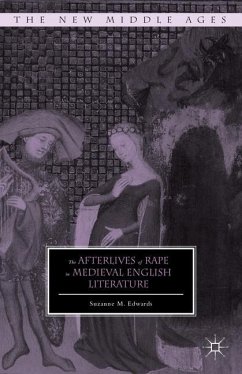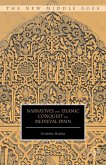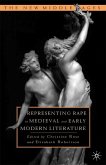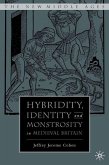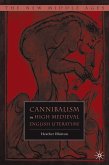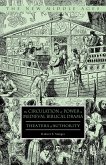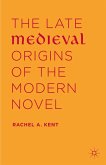From devotional literature to political narratives, medieval texts propose that survivors of sexual violence have privileged moral, ethical, and spiritual insight. The Afterlives of Rape in Medieval English Literature explores these discourses of survival in a wide range of texts, including letters of spiritual advice, legal statutes and cases, saints' lives, romances, theological summae, and legendary histories. Edwards argues that understanding the literary history of survival as distinct from the history of rape highlights the ethical importance of attending to violence against women as well as the costs of reifying gender difference and its traumatic identifications - both in our study of the past and in contemporary feminist politics.
"In The Afterlives of Rape in Medieval English Literature, Suzanne M. Edwards explores representations of outliving rape in English saint's lives, anchoritic texts, romances, and legal statutes from the eleventh through fifteenth centuries. ... This book is valuable for medieval scholars, feminist scholars, and academics and activists who seek to combat sexual violence, as Afterlives provides important insight into theoretical conversations about gendered subjectivity, survival, and agency." (Carissa M. Harris, Modern Philology, Vol. 115 (3), February, 2018)

